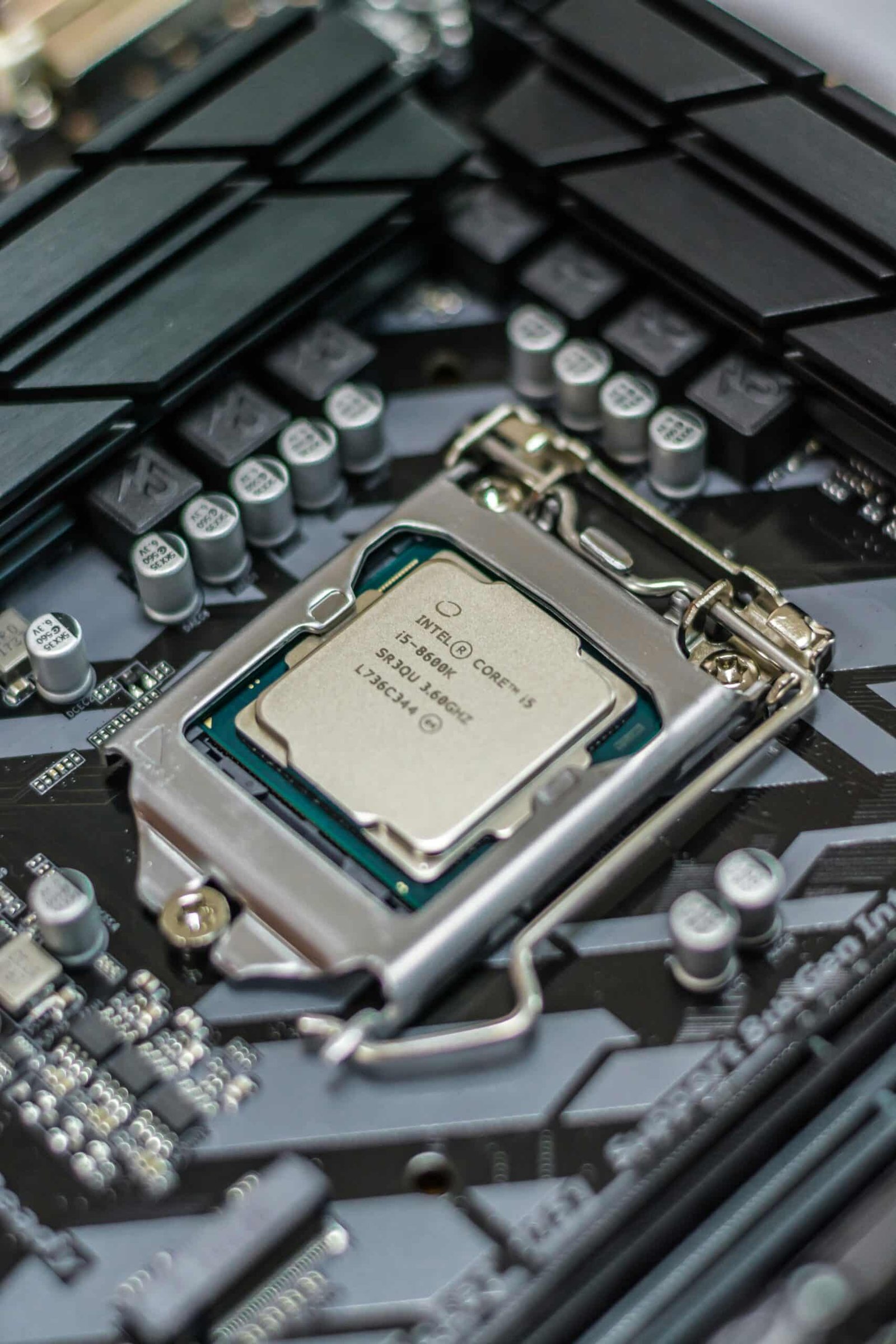Will Chatbots Teach Your Children?
In a landscape dominated by technological advancements, the vision of integrating A.I. chatbots into education is gaining momentum. This Silicon Valley dream, spearheaded by influential figures like Sal Khan, envisions a future where every student has access to a personalized, artificially intelligent tutor. As the hype around A.I.-assisted instruction grows, so does the debate on its transformative impact on education.
The Rise of Chatbots in Education
Sal Khan’s TED Talk ignited the conversation about leveraging A.I. chatbots as personalized tutors for students worldwide. The promise of instantly customized lessons tailored to individual needs has garnered attention from tech executives, including Sundar Pichai of Google. This has led to the development of A.I. chatbot tutors, such as Bard, and substantial financial contributions to educational platforms like Khan Academy.
A.I. in the Classroom: Bridging Gaps or Falling Short?
Despite the optimistic outlook, historical attempts to integrate technology into education have faced challenges. The adoption of laptops, video tutorials, and learning apps has not consistently closed academic achievement gaps or improved graduation rates. Now, the emergence of generative A.I. tools like ChatGPT raises hopes for automated instruction, though skeptics question whether tutoring bots will genuinely transform education for the better.
A.I. Chatbots: Fact or Fiction?
Online learning platforms like Khan Academy and Duolingo are incorporating A.I. chatbot tutors based on GPT-4. While some tech executives envision these chatbots evolving to inspire students akin to human teachers, critics raise concerns about the potential for misinformation. The liberality of A.I. chatbots in generating responses could lead to the spread of unreliable information, challenging their role as credible educational resources.
The White House’s Stance and Educational Researchers’ Caution
President Biden’s executive order on artificial intelligence reflects a belief in A.I.’s potential to shape education positively. However, education researchers urge caution, highlighting the risks associated with A.I.-assisted instruction. Concerns include the potential for biased and opaque systems, as well as the lack of concrete evidence supporting the transformative effects of A.I. chatbots on student learning.
Beyond the Hype: Considerations for Schools
Amidst the excitement surrounding A.I. chatbots, it’s crucial for schools to consider potential drawbacks. The possibility of unreliable sources, privacy issues, and the diversion of attention from proven human-centered interventions like universal access to preschool should be carefully weighed. Education technology should complement traditional methods, not replace them.
A Call for Regulation and Ethical Deployment
As the enthusiasm for A.I. chatbots grows, so do concerns about privacy, intellectual property, and fair labor compensation for educators. The American Federation of Teachers is actively working with Congress on regulations to ensure the fair and safe deployment of A.I. tools in classrooms.
Conclusion: Striking the Right Balance
In conclusion, the question remains: Will chatbots teach your children? While the potential for transformative change exists, it’s crucial to approach A.I.-assisted instruction with a discerning eye. Balancing innovation with responsibility, addressing concerns about reliability and privacy, and integrating A.I. tools seamlessly into existing educational frameworks are essential steps toward harnessing the true potential of chatbots in education. As we navigate this evolving landscape, a thoughtful and cautious approach will determine whether A.I. chatbots become the revolutionary force in education that many envision.
Click Here to Read More Articles: truereviewmagazine.com










